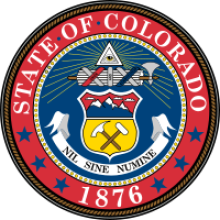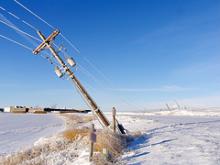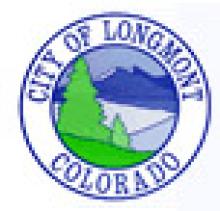Boulder Chamber Supports Ballot Measure to Restore Local Authority
The Boulder Chamber of Commerce has come out in favor of ballot measure 2C, which would restore the City of Boulder's authority to provide telecommunications services to its residents. From the Chamber's website:
City of Boulder 2014 Ballot Measure 2C – Affirming the City’s Right to Provide Telecommunication Services
Colorado State Bill 152 precludes cities from offering broadband services without an exemption provided by a vote of the people. Boulder currently has over 100 miles of fiber-optic cable providing high-speed Internet capabilities to city offices, the University of Colorado and the federal labs. If 2C passes, the City would be granted the authority to expand that network to residents or businesses.
The Boulder Chamber has taken a leadership role on 2C, stating: “[P]artnership with the private sector may well represent the fastest, most seamless path to providing service to our residents and students, and to attracting and retaining the companies that drive our innovation economy. And there are partners in the community who could leverage such an opportunity.”
Boulder stands to join the ranks of Longmont, Centennial, Montrose, and other Colorado communities that have voted to restore their local authority. So far, despite the obstacles and incumbent spending, every Colorado municipality that has put the issue on the ballot has passed it - eventually.







 The results were 60.8% Yes, 39.2% No. 13,238 voted yes whereas 8,529 voted against.
The results were 60.8% Yes, 39.2% No. 13,238 voted yes whereas 8,529 voted against.